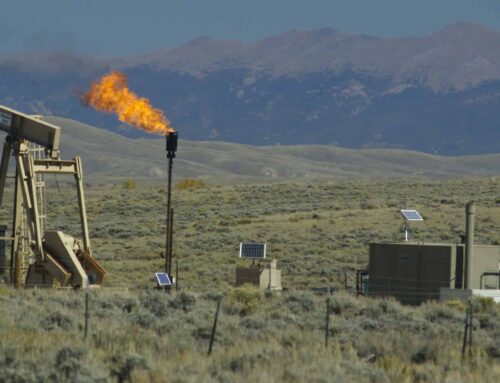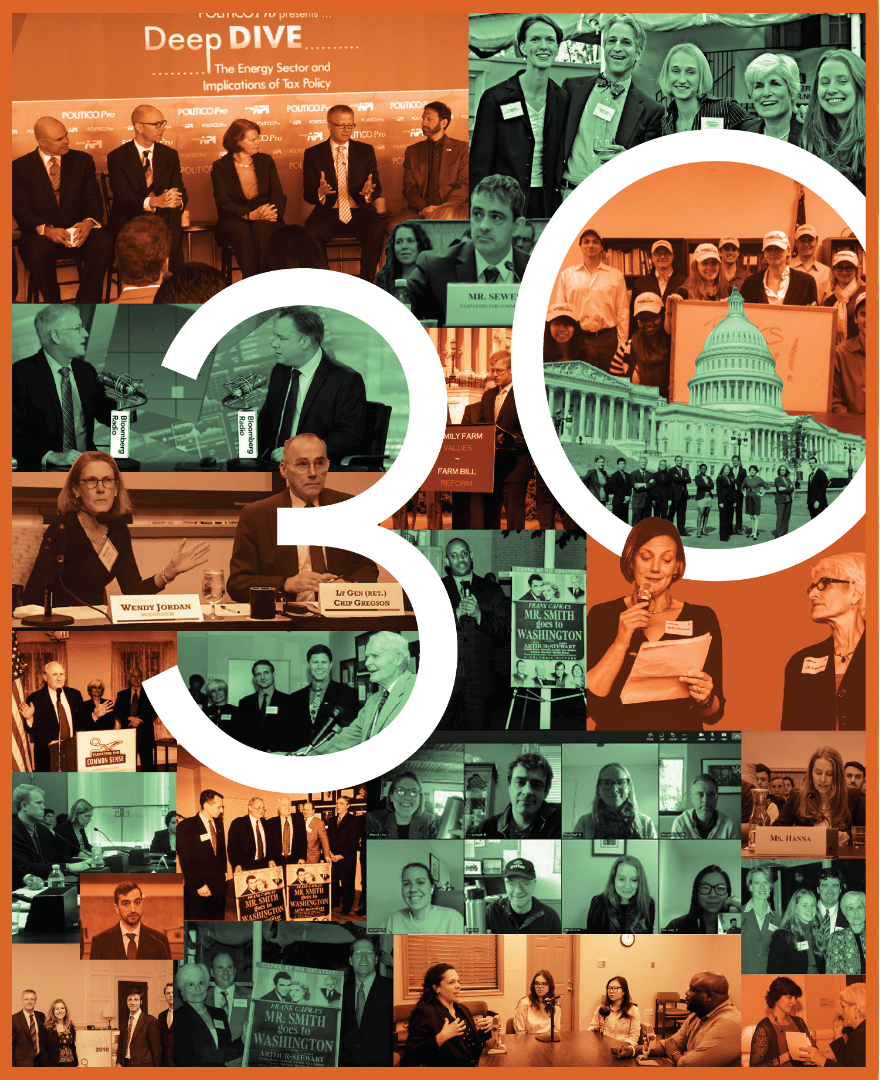Last week the Senate Energy and Natural Resource Committee held a hearing on the Department of Energy (DOE) Loan Guarantee Program. The loan guarantee program was established in the 2005 Energy Policy Act to distribute loan guarantees to various energy technologies. Recently, it has awarded 10 conditional loan guarantees and finalized four guarantees.
The hearing began with testimony from the DOE Loan Programs Office Executive Director Jonathan Silver. Silver spoke of changes within the program since he took office and its recent loan guarantee commitments . He addressed Committee Member concerns with specific projects, program delays, permitting, the credit subsidy cost and the role of the Office of Management and Budget.
Several Senators raised questions on specific loan guarantee applicants or potential applicants. For example, Senator Wyden raised concerns with the treatment of the Shepherd’s Flat Wind Farm ($2 billion project) in eastern Oregon. Senator Bingaman inquired about Sapphire Algae ($104.5 million project) which he noted was restricted from a DOE loan guaranteed because of a USDA loan guarantee. Senator Shaheen raised concerns with biofuels projects in New Hampshire arguing they are disadvantaged in the loan guarantee application process because of their size and newness to the market. And Senator Udall praised the use of loan guarantees for nuclear energy and cited the nuclear industry in his comments asking for a speedier application process to make sure more reactors get funding. But taxpayers should ask, at what cost? To date, $8.33 billion has been awarded to Southern Company to build two reactors in Georgia despite CBO analysis that puts the chance of default on nuclear loans “well above 50 percent.” The $8.33 billion loan is the largest to come from the DOE Loan Guarantee Program so far.
While several Senators raised the need to do whatever is necessary to speed up the issuance of guarantees and make the process easier for applicants, they neglected to mention the risk these measures pose to taxpayers. Loan guarantees inherently present significant risk because of their likelihood of default. Over the last five years, TCS has elaborated on these risks raising significant structural and economic concerns with the DOE loan guarantee program. TCS has argued the program places too much risk on taxpayers and includes industries which are well established and should be held financially accountable like the nuclear industry .
Others have also raised concerns with the Loan Guarantee Program including the DOE Inspector General’s office and the Government Accountability Office. This past July the GAO issued its latest review of the program and found that DOE had no way to measure the progress or success of the program and had treated various technologies differently, disadvantaging some projects. They specifically noted DOE’s favoring of nuclear reactor projects over other technologies– bypassing the normal program procedures to fast track nuclear applicants.
With these concerns still unaddressed, DOE should stop issuing loan guarantees and start making significant reforms to protect taxpayers. To date, the operation of the loan guarantee program has been largely kept from the public eye and before billions more are promised this program must become more transparent and accountable. In the last year and a half, DOE has committed over $23 billion to 18 clean energy projects while providing little information to the public.
Last week’s hearing witnesses included: Jonathan Silver, Executive Director, Loan Programs Office, U.S. Department of Energy; Tim Newell, Senior Advisor, U.S. Renewables Group; Jens Meyerhoff, President, Utility Systems Business Group, First Solar; Michael Scott, Managing Director, Miller Buckfire & Co., LLC; Marv Fertel, President and Chief Executive Officer, Nuclear Energy Institute.










